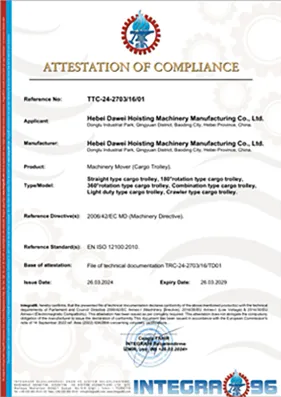roller machinery
The Evolution and Impact of Roller Machinery in Modern Industry
Roller machinery, a cornerstone of modern manufacturing and processing industries, has undergone significant transformations over the years. From its early inception to its current state, this equipment plays a crucial role in enhancing productivity, efficiency, and product quality. In this article, we will explore the evolution of roller machinery, its various applications, and its impact on different sectors.
Historical Background
The history of roller machinery dates back to the industrial revolution in the 18th century, when mechanization began to transform traditional handcraft industries. The introduction of steam power and the development of various mechanical devices led to the establishment of roller mills, which were primarily used for grinding grains and producing flour. These early machines utilized rotating rollers to crush and mill grains, providing a faster and more efficient method than manual grinding.
As industries advanced, the technology behind roller machinery evolved. The 19th century saw significant improvements in steam-powered rollers, which were used in various applications, including the production of sugar, rubber, and paper. The introduction of electricity in the 20th century further revolutionized roller machinery, allowing for more precise control and automation, thereby increasing production rates and reducing labor costs.
Types of Roller Machinery
Today, roller machinery encompasses a wide range of equipment designed for various applications
. Some of the most common types include1. Roller Mills Used mainly in the food industry, roller mills are essential for grinding grains, corn, and other agricultural products. They utilize a series of rollers to shear and crush materials, ensuring a fine and uniform product.
2. Calender Machines Common in the textile and plastic industries, calender machines are used to produce sheets of materials. They consist of multiple rollers that compress and smooth out materials, resulting in consistent thickness and surface finish.
3. Extensive Rollers These rollers are widely used in the rubber and plastics industries. They serve to mix and homogenize materials before they are molded or shaped, ensuring a consistent product and reducing production time.
roller machinery

4. Rolling Mills Crucial in the metalworking industry, rolling mills are used to reduce the thickness of metal sheets and strips. They allow for precise control of thickness and can produce a wide variety of metal products, from thin foil to thick plates.
5. Compactors and Roller Packers Used in construction and waste management, these machines compact materials to reduce volume and create a stable base. They are essential for building roads, parking lots, and other infrastructure projects.
The Impact on Industries
The advent of roller machinery significantly impacted various industries, leading to enhanced production capabilities and improved product quality. In the food industry, for example, roller mills have enabled the rapid production of flour, catering to the growing demand for processed food products. The ability to produce flour with consistent quality has transformed how food is prepared and consumed globally.
In the textile industry, calender machines have revolutionized fabric production, allowing for the creation of seamless and high-quality textiles. The ability to customize fabric thickness and finish has enabled manufacturers to meet diverse consumer needs.
Moreover, the metal industry benefits greatly from rolling mills, which streamline the production of metal goods, making them more accessible and affordable. This has furthered advancements in construction, automotive, and aerospace industries.
Looking Forward
As technology continues to advance, the future of roller machinery looks promising. Innovations in automation, artificial intelligence, and material science are expected to further enhance the efficiency and capabilities of roller machinery. The integration of smart technologies will allow for real-time monitoring and adjustments, ensuring optimal performance and reduced waste.
In conclusion, roller machinery has played an indispensable role in shaping modern industry. Its evolution reflects broader technological advancements and has paved the way for more efficient and productive manufacturing processes. As industries continue to innovate and adapt, the role of roller machinery will undoubtedly remain critical in meeting the demands of the future. Whether in agriculture, textiles, metalworking, or beyond, roller machinery will continue to drive progress and productivity in the global economy.
-
Unlock Seamless Relocation with Our Heavy Equipment Moving ExpertiseNewsJun.06,2025
-
Unleash Unrivaled Flexibility with Our Adjustable Gantry CraneNewsJun.06,2025
-
Unleash Heavy-Duty Efficiency with Our Industrial Gantry Crane SolutionsNewsJun.06,2025
-
Revolutionize Steel Handling with Our Magnetic Lifter RangeNewsJun.06,2025
-
Master Equipment Mobility with Premium Machinery Mover SolutionsNewsJun.06,2025
-
Elevate Your Material Handling with Magnetic Lifter TechnologyNewsJun.06,2025
-
YS Permanent Lifting Magnets: The Smarter Way to Handle SteelNewsMay.22,2025
